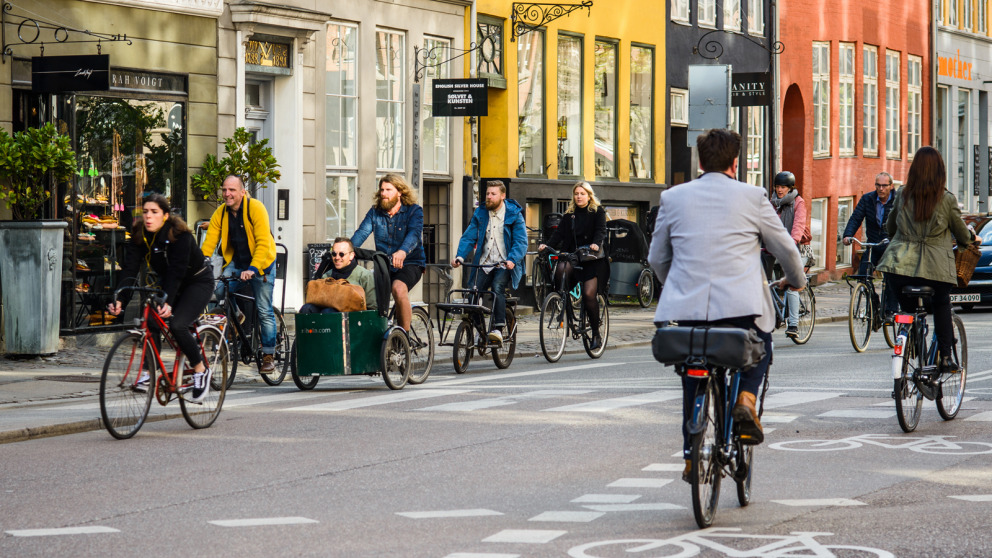Where is the policy response to air pollution deaths?
31.08.2020

The current death toll from Covid-19 is just over 800,000 people worldwide. This is likely to be a conservative estimate. To provide some perspective, in 2017, around 56 million people died, with the largest cause of death being cardiovascular diseases, which accounted for about 32% of deaths. 4.2 million people die every year as a result of exposure to outdoor air pollution. If we consider the rankings of risk factors for death, air pollution is number 4 on the list. 4!! Why am I suddenly bringing air pollution into this? Initial research has shown that there is a link between air pollution and Covid-19 cases. Greater exposure to a higher air pollution burden is associated with more Covid-19 cases, hospital admissions and deaths. Covid-19 is an infectious disease that primarily affects the respiratory tract, so this isn’t exactly a surprise.
Here in Germany and Europe, there is an explicit consensus on the need to transform our cities in order to make them more resilient and sustainable. As this pandemic has shown, a critical part of resilience is not just the infrastructure, such as hospitals, that is needed to address such a challenge, but also less tangible aspects, such as clean air, that will lessen the severity of the effects and help us reach this goal of resilient, sustainable cities and communities. Furthermore, many of the policies that could help us reduce our air pollution burden also have myriad other benefits, such as reductions in noise, congestion, and generally more livable cities.
Pandemic response costs more than pandemic preparedness
The cost of a response to a pandemic we are not prepared for is much higher than the cost of pandemic preparedness. Furthermore, as outlined in an article from the World Bank, the Covid-19 pandemic shutdowns are resulting in one of the largest recessions since the Second World War, and the steepest downgrades in global growth forecasts on record. All that said, I am in no way questioning the actions taken by governments aimed at slowing and containing the spread of Covid-19.
But what I would question, with regard both to the Covid-19 pandemic and to future crises, is the lack of action addressing air pollution. Air pollution is a problem that we have been aware of for decades, and while progress has been made – the emissions of many air pollutants have decreased substantially in the past decades – it is far from solved. In urban areas throughout Europe, around 90% of the population is exposed to air pollutant concentrations higher than the values recommended for the protection of human health.
And the lack of action in Germany (and Europe), for example, to address the problematic exceedances of nitrogen dioxide limit values in urban areas across Germany and Europe clearly indicates that in the case of air pollution, we value the profits of the car industry over human health and prioritize inefficient, polluting motorized private transport over livable urban areas – at huge economic cost.
Better health, more liveable cities: the benefits of clean air measures
If our lack of preparedness and resilience results in far greater number of deaths than necessary and a global recession of epic proportions, why can’t we recognize the value of common resources such as clean air, and invest in them? Ironically enough, the shutdowns precipitated by the pandemic have likely also saved thousands of lives owing to the drastic reductions in emissions and the resulting cleaner air. Many scientific studies have shown that the costs of measures for reducing air pollution will be more than compensated for by the benefits (reduction of healthcare costs, gains in productivity, etc.). Where is the political action to address the death toll resulting from poor air quality? The death toll from outdoor air pollution is in the millions every year. Adequate measures to improve our air quality – such as a mobility transition to reduce vehicle traffic and promote sustainable transport, especially in cities – would not only save lives, they would also improve the quality of life in cities, and contribute to our resilience in the face of possible future pandemics.
